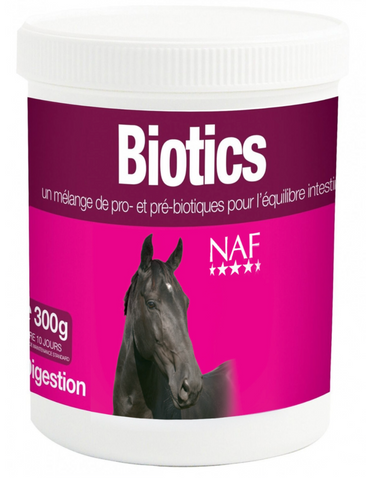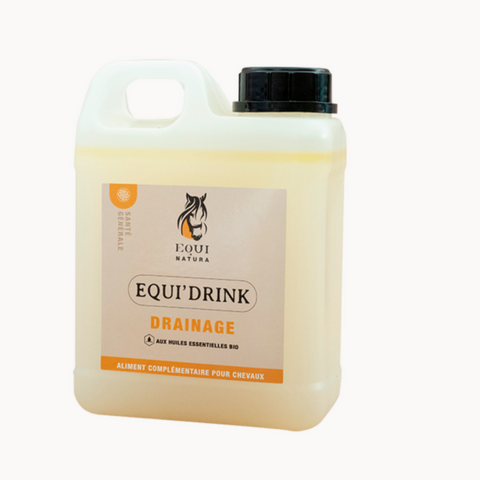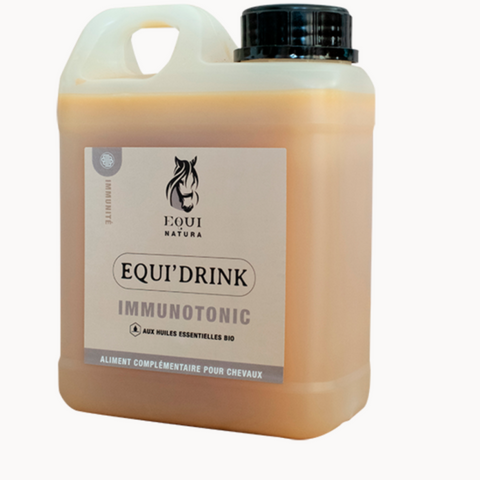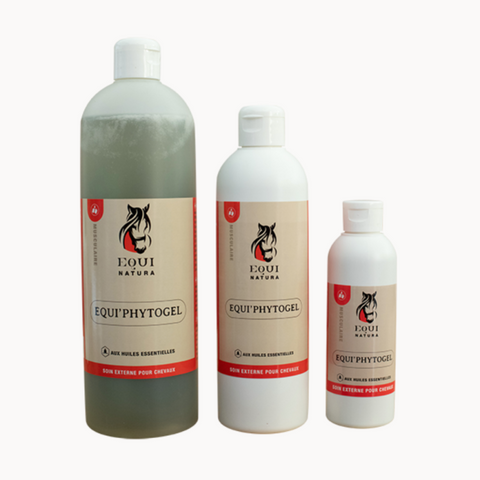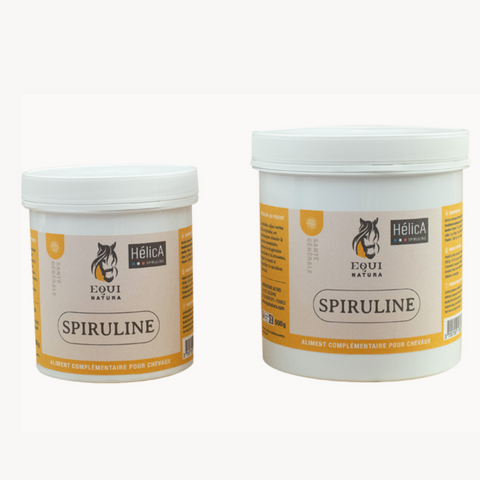The athletic horse
Sport horses are under constant pressure. We can say in general: the higher the sporting level, the more difficult the performances, while the horse is hardly put 'green'. Most owners and trainers believe there is too much risk of injury when horses are in a field. However, this category of horses precisely needs to relax, both from a mental and physical point of view. If there is no possibility of relaxation in this form, compensation must be provided.
We want to train a horse with the aim of reaching a certain level. The hardest part is finding the balance between effort, recovery and progression.
During recovery, the body eliminates metabolic waste produced during exercise and prepares for the next required effort by strengthening itself (super-compensation).
If the training is not sustained enough, the horse does not progress. If, on the contrary, the efforts required are too heavy, the horse will be exhausted.
The hardest part of training is knowing how far you can go. To do this, it is important to know the signs of overtraining:
*the horse lacks appetite and loses weight;
*he is irritated, no longer wants anything, he is no longer interested in his environment;
*he works more and more poorly, stumbles more often and wags his tail more often;
*he urinates and defecates frequently during labor;
*he tries to run away at a gallop, refuses exercises or even any work;
When we regularly require effort (and this for years), correct medical support will be necessary. Better to warn...
It's not just the muscles, tendons, joints or hooves that suffer during training, competitions or races, there are also organs such as the heart, lungs, liver, kidneys etc. .
Don't forget: every (sport) horse experiences stress on a daily basis (see also the Stress, diseases and its consequences file).
One of the many reactions to stress is the constant production of cortisol. Cortisol, among other things, slows down the absorption of glucose by cells and increases circulating glucose levels. There will be less glucose available in the muscles, which then fatigue more quickly.
It has already been said: after each effort the horse must be able to recover before resuming another effort and this is only possible if it receives sufficient basic nutrients. Even a slight lack of a particular basic substance can have considerable consequences.
During intensive training, racing or endurance competitions, the horse produces lactic acid which, if not expelled quickly, will cause damage to muscle tissue. If the horse has to make further efforts, the muscles will become charged with acid, blood circulation will decrease, and other toxic metabolites will be formed. Thus the horse will be more and more stiff, its muscles gradually suffering from an increasing lack of oxygen and nutrient supply (see also the musculoskeletal system : the muscles).
Fatigue, for its part, is not caused by lactic acid, but by a depletion of glycogen reserves in the muscles, a phenomenon that we often see at the end of endurance races.
After an intense effort, it is desirable to subject the horse to light exercise, lunge work for example, with the aim of simply stimulating blood circulation, toxic substances will be eliminated without new ones being produced. You can promote this recovery using natural products like Spirulina.
During each effort, free radicals are formed; For the 2 to 3 days before a competition and the 3 to 5 days after it, you can add antioxidants to food . Horses that need to train continuously can receive these antioxidants every day without problem.
Some tips for returning to work after a period of rest, for example an injury, overtraining or winter rest:
*gradually re-adapt the horse's food, otherwise you risk colic or laminitis;
*if the horse has gained a few kilos, do not put him on a diet at the beginning, he will need the energy and nutrients to accomplish the work and get back into rhythm, instead make sure he maintains his weight;
*you can prepare him for work by giving him a “background treatment” with Equi'drink Drainage and Biotics , followed by Equi'drink Immunotonic .
*make sure your teeth are checked regularly, time flies!
*forget everything that is “too much”: too long, too fast, too heavy, etc.: each modification concerning our athletic horse must only be carried out very gradually!

